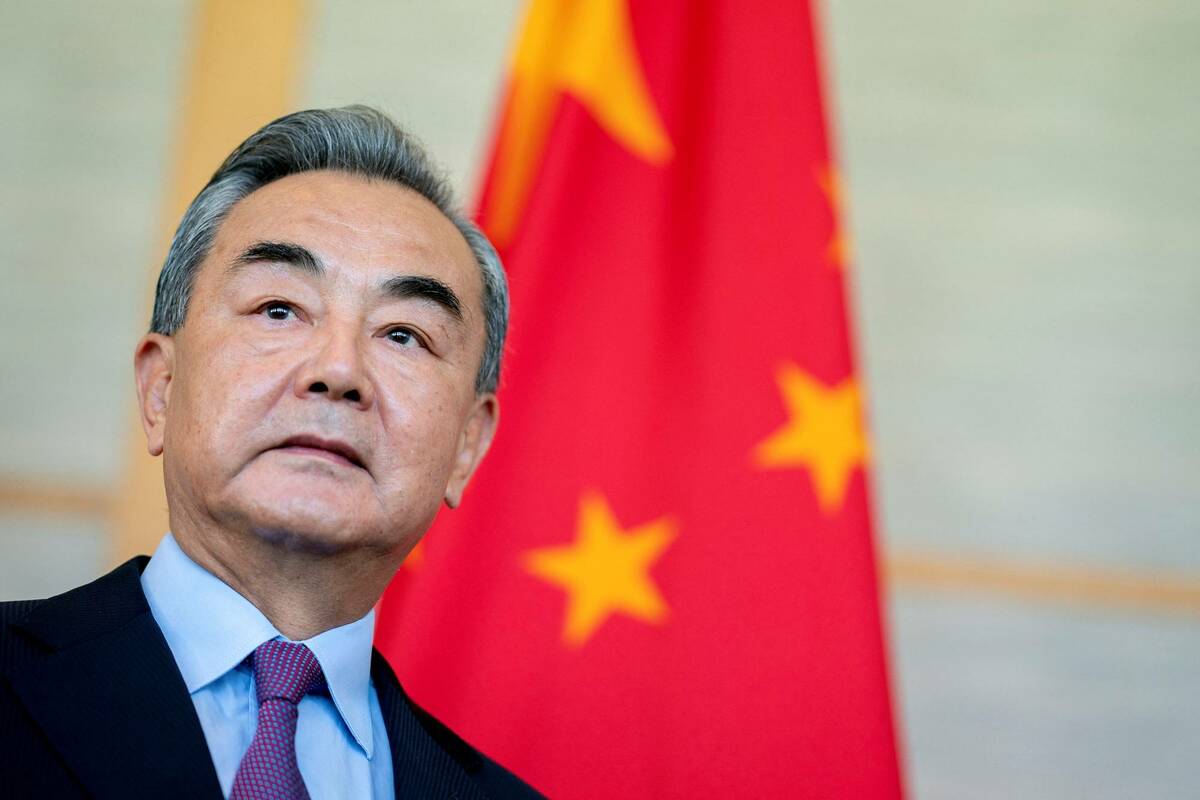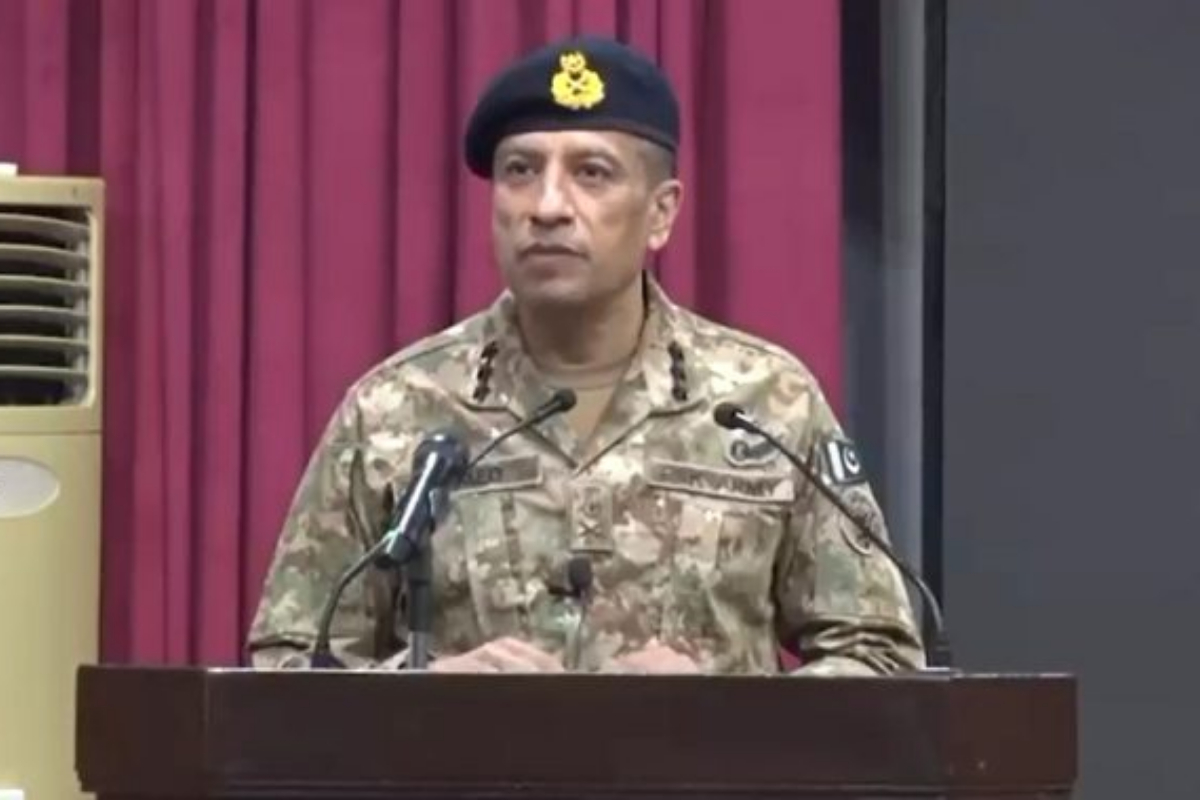- Chinese Foreign Minister Wang Yi Wang says many countries in region were under pressure to take sides.
- He was addressing the Association of Southeast Asian Nations (ASEAN) secretariat in Jakarta.
- Wang says he had told Blinken that both sides should discuss establishment of rules for positive interactions.
Wang Yi, the foreign minister of China, stated on Monday; that nations need to resist manipulation as “chess pieces” by world powers in a region; that he claimed was susceptible to geopolitical influences reshaping it.
In an address to the Association of Southeast Asian Nations (ASEAN) secretariat in Jakarta, Indonesia; Wang says that several nations in the area are being pushed to choose sides.
Wang, who was addressing via a translator, added, “We should shield this region; from geopolitical calculations…from being used as chess pieces from big power competition; and from coercion.”
“Our region’s future should be in our own hands,” he declared.
Due to its strategic importance, Southeast Asia has traditionally been a source; of tension between major powers, and nations in the region are increasingly fearful; of being stuck in the US-China conflict.
[embedpost slug=”world-health-assembly-convenes-amidst-china-us-tension”]
Based on what it claims are ancient charts; China claims nearly the entire South China Sea as its territory; which puts it at conflict with certain ASEAN nations who assert that the claims are illegal under international law.
Wang’s address comes in the midst of aggressive Chinese diplomacy; which has seen him make a series of trips around the region in recent weeks. He recently attended a G20 conference of foreign ministers in Bali.
Wang met with US Secretary of State Antony Blinken for five hours outside the G20; and both men characterised their first face-to-face conversations since October as “candid.”
Wang said on Monday that he had advised Blinken that the two parties have to talk; about establishing guidelines for friendly contacts and supporting Asia-Pacific regionalism together.
The key components, according to Wang, are to defend the current regional corporate structure; promote ASEAN centrality, and respect one another’s legitimate rights and interests; in the Asia-Pacific region rather than trying to stifle or antagonise the other party.
[embedpost slug=”us-expands-economic-conflict-with-china-and-russia”]





















